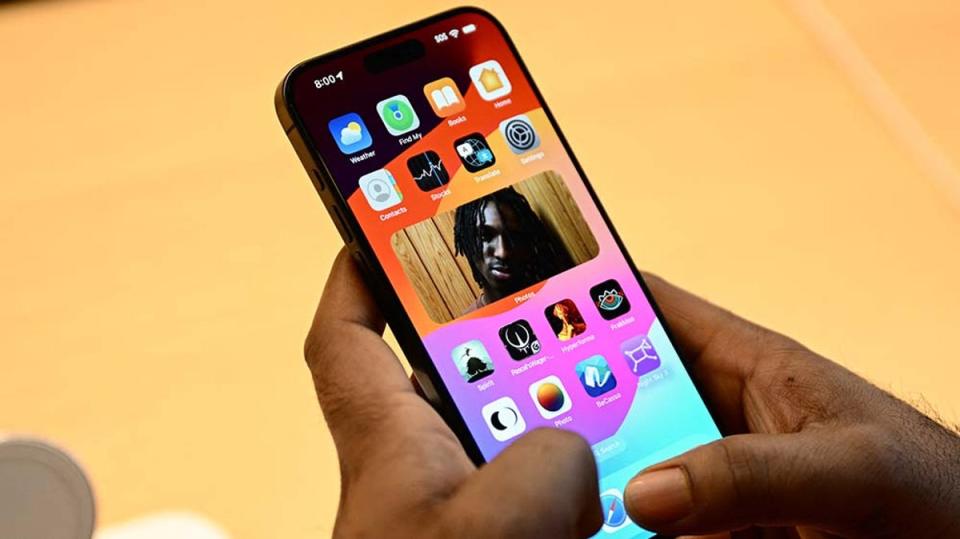Beeper Mini: Apple locked in fight with app that brings iMessages to Android devices

An app built to let people get access to iMessage on other company’s devices has led to a fallout over how Apple’s apps should work.
Since iOS 5 was introduced in 2011, Apple has offered a service called iMessage inside of the Messages app on its iPhone and other devices. iMessage sends chats over the internet, and is marked out by the blue colour that those messages show up in.
For all the time it has been available, iMessage has been exclusive to Apple’s own devices, and can only be accessed on an iPhone or other products such as the Mac. While users can send texts to Android and other phones through the same Message app, they are then sent through the normal phone network for SMS and without encryption, as well as showing green in the app.
That locked-down nature of iMessage has led to complaints from some users, who argue it is not fair that Android users cannot text iPhone users and make use of those benefits, such as extra security and the ability to send files over the internet. That in turn has led to a small industry that attempts to offer access to iMessage without actually having an Android phone.
The latest of those solutions is an app called Beeper Mini. That found a workaround for iMessage which means that an Android phone can download the app and then send messages through Aplpe’s service.
That app was introduced last weekend and then was shut down by Apple. It said in a statement it had done so because Beeper Mini was using “techniques that exploit fake credentials in order to gain access to iMessage”, which “posed significant risks to user security and privacy, including the potential for metadata exposure and enabling unwanted messages, spam, and phishing attacks”.
Beeper Mini then found another way around the issue, this time with limited features, such as the requirement to sign in with an Apple ID. That is still available for now but Apple had said in its previous statement that it would keep making updates to try and stop people finding iMessage workarounds.
The fight has quickly become about more than just the small app. It has attracted the attention of US senator Elizabeth Warren, for instance, who suggested that it was part of a more general effort to lock people into the iPhone.
“Green bubble texts are less secure,” she wrote on Twitter. “So why would Apple block a new app allowing Android users to chat with iPhone users on iMessage? Big Tech executives are protecting profits by squashing competitors.
“Chatting between different platforms should be easy and secure.”
Apple has considered opening up iMessage in the past. In 2021, as part of a lawsuit from Fortnite developer Epic, documents were released that made clear that Apple executives had discussed the possibility of bringing iMessage to Android in 2013.
“We really need to bring iMessage to Android. I have had a couple of people investigating this but we should go full speed and make this an official project.... Do we want to lose one of the most important apps in a mobile environment to Google?” asked Eddy Cue, Apple’s services head.
There has been no suggestion that Apple would actually open up iMessage, presumably for those reasons and more. But Apple last month did take the surprise step of announcing it would start to support the RCS messaging standard “later next year”, which allows for things such as typing indicators and read receipts, which are currently only available for iMessages.
Even in that announcement, however, Apple said that RCS would “work alongside iMessage”, and that its platform “will continue to be the best and most secure messaging experience for Apple users”.
Apple’s decision to add more open technologies to its messaging platforms might be the result of increased pressure from regulators and competitors. It came amid the European Union’s introduction of the Digital Markets Act, for instance, which includes a number of stipulations intended to give people more control over their devices and to let them be more interoperable across platforms.
Beyond Beeper, there are other options for people keen to get their iMessages on Android, such as a tool called AirMessage. That monitors the Mac version of iMessage and forwards any chats onto a phone – but requires a Mac to be running somewhere to receive those conversations.
